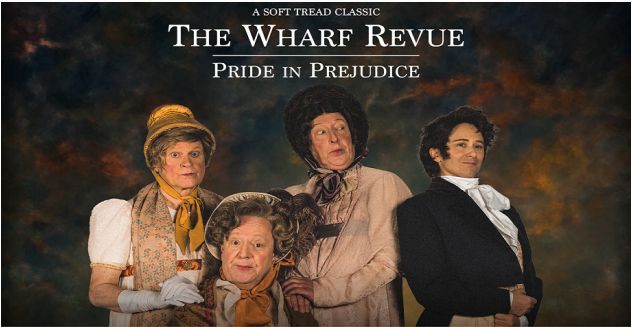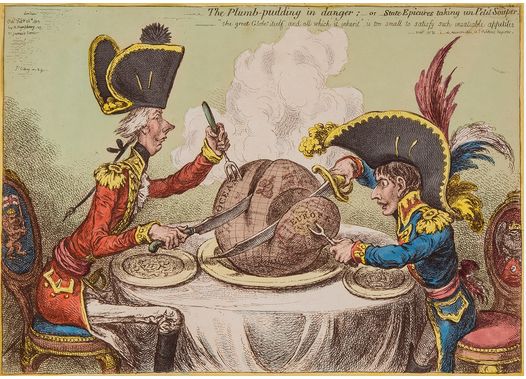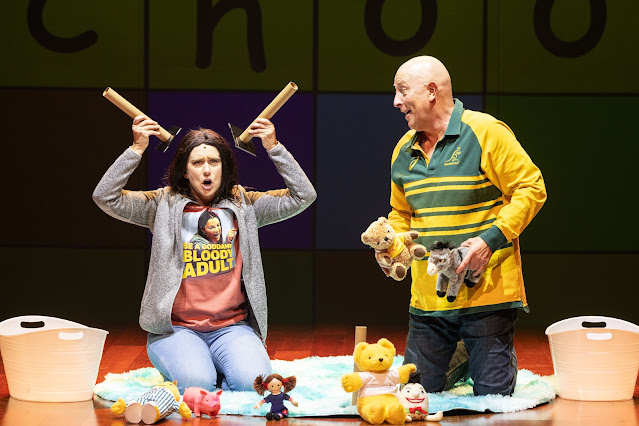A Christmas Carol by Charles Dickens, adapted by Shake&Stir. At Canberra Theatre, December 19-24, 2023.
Reviewed by Frank McKone
December 20
Adaptor Nelle Lee
Director Michael Futcher
Designer Josh McIntosh
Composer Salliana Campbell
Lighting Designer Jason Glenwright
Video Designer Craig Wilkinson
Sound Designer Guy Webster
Creative Producer Ross Balbuziente
Featuring
Will Carseldine, Eugene Gilfedder, Nick James, Nelle Lee, Mia Milnes,
Bryan Probets, Tabea Sitte, Nick Skubij, and Lucas Stibbard.
What a great joy and surprise it is to celebrate Charles Dicken’s A Christmas Carol
with terrific modern technology creating such warmth of feeling. By
making the drama focus on Ebenezer’s experience with empathy for his
mental turmoil, we no longer simply condemn him for being a scrooge.
We
find we can identify with him as he, by understanding his past, sees
his present in a new light, as he imagines his future as it would be –
unless he makes a change for the better: for others. This is the
Christmas Gift of Shake&Stir’s A Christmas Carol.
According to Study.com, at the end of the novel, Scrooge “gives money to the poor, spends Christmas with his nephew and his family, and then gives Bob Cratchit a raise. Scrooge lives the rest of his life with the joy of Christmas in his heart.”
When you read this, you might take it with a grain of salt, thinking that Dickens was being a bit naïve, or too idealistic; or worse, being satirical. This is because what you read is description of the Scrooge character from an outside perspective.
What Shake&Stir have done is to take you inside. Like Ebenezer – through the powerful use of an amazing set design, lights, sound and hologram projections – you feel afraid, then defiant with sarcastic humour; but finally as you realise what your self-centred attitude has cost you, and what it has done to others, you find relief in making the change, from taking to giving. Giving to others is better for yourself as well as for them. Giving, in all sorts of ways, is good for us all.
In the final moments of the play, we feel with Ebenezer Scrooge because we know now he is not against us – even though we know from his experience, and our own, that we will have to work in practical ways to make the good happen, and keep happening.
If that’s an ideal, then so be it. In facing up to the world we see around us, I thank Shake&Stir for their sincerity, and the power of their art.
 |
| A Christmas Carol hologram image Shake&Stir, 2023 |
 |
| Still from the trailer A Christmas Carol Shake&Stir, 2023 |
©Frank McKone, Canberra





































